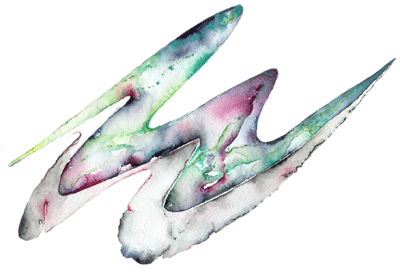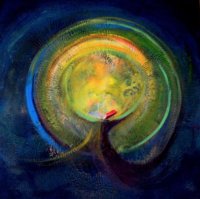Week 4 - Isaiah 41:1-29
Yahweh is the ground of “do not fear,”
the basis for new life even in the empire.
Walter Brueggemann
In January 2017, I spent a morning in a Manitoba courtroom as a potential juror. The bag of books and crossword puzzles I’d brought to while the time went untouched because I couldn’t take my eyes away from what I saw. It was like I’d stepped into a movie set. The architect had brought every ounce of imagination in designing the courtroom to look as weighty and consequential as possible — marble pillars, lofty ceiling, oak chairs, an ominous inset area where the judge sat on a throne and a walled-off enclosure where two men accused of second degree murder sat silently. The 100+ jurors were given strict instructions of behavior. We weren’t even allowed to drink water when the judge was present. This was more serious than any church service I’d ever known.
I love how Isaiah stokes the imaginations of the exiles with an imagined courtroom scene in this week’s passage, reminiscent of the vivid word pictures in Revelation. Such vivid scenes can reach oppressed audiences in a way that more cerebral words cannot. The chapter begins and ends with a trial in which witnesses bring evidence in a trial marked, “Who is the one true God?” Brueggemann names these passages "speeches of disputation", where it’s Yahweh vs Babylon (spoiler alert - Babylon doesn’t do too well).
Sandwiched between the courtyard scenes are three salvation oracles, where Yahweh offers “pastoral attentiveness and care towards needy Israel”. As I read these passages, I was reminded of another room in Winnipeg, just across the street from the law courts on York Avenue. Candace House is where victims of violent crime can go for comfort, refuge and support during the trial. Here, people run ragged by desperate times remember that they are not alone. They’re given privacy, tea or coffee, a place to rest, a ventilated room for smudging or lighting of incense, and other resources for the hell they’re going through.
The salvation oracles of Isaiah could almost be written on the walls of Candace House. They reassure Israel in the deepest way possible with the “world-changing utterance", “Do not fear.” Israel was not cast off or forgotten. Rather, Yahweh has a deeply caring and attentive presence for those who had forgotten they had a future.
Brueggemann says these twin modes of speech are distinct and move in opposite directions, like the Law Courts building and Candace House. Most important, they need to be seen in relation to each other. Together they help the exilic community to “see Yahweh”.
Reading: Brueggemann pages 28-41
- Lydia
Questions for Reflection
- In 41:1-7, Isaiah alludes to Cyrus, casting him as a ruler who Yahweh stirred up to conquer Babylon. In modern times, Trump has been compared to Cyrus. When is theologizing events helpful and when is it hurtful?
- Have you ever tried to speak a word of encouragement or hope to someone who was deeply disappointed? What did you say? Did it help? (Or did someone speak such a word to you?)
- Describe a time when God proved reliable when you were at the end of your rope.
- In 41:8-13, Isaiah “mobilizes the entire past” to reassure Israel by writing about Jacob, Abraham and Moses. Is there a current personal or cultural anchoring moment which reassures you that God’s relationship is still guaranteed and decisive for the present and the future?
permission pending from Khurso Subzwari




